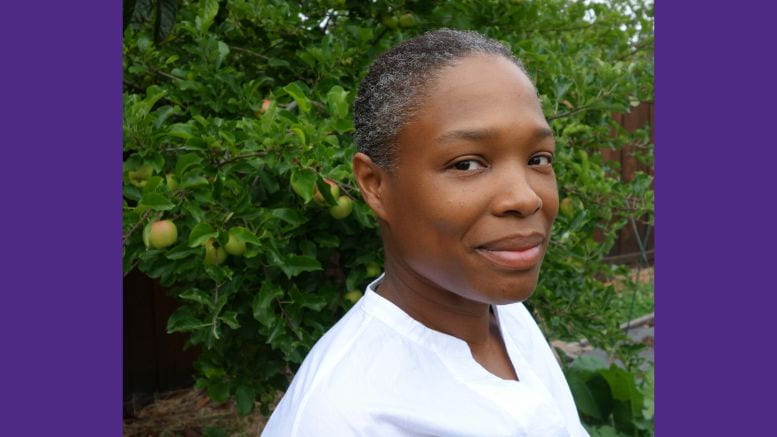Adia Benton was awarded the Anthropology in Media Award (AIME) from the American Anthropological Association.
Benton is an associate professor of Anthropology and African Studies at Northwestern University, where she is affiliated with the Science in Human Culture Program. She is the author of the award-winning book, HIV Exceptionalism: Development through Disease in Sierra Leone, and is currently writing a book about the West African Ebola outbreak. Read more about Professor Benton’s research and books here.
The AIME award recognizes successful communication of anthropology to the general public through the media. It seeks to honor those who have raised public awareness of anthropology and have had a broad and sustained public impact at local, national, and international levels.
“I am a cultural anthropologist with interests in global health, biomedicine, development/humanitarianism, and professional sports. Broadly, I am interested in patterns of inequality in the distribution of and the politics of care in settings “socialized” for scarcity. This means understanding the political, economic and historical factors shaping how care is provided in complex humanitarian emergencies and in longer-term development projects – like those for health. These concerns arise from my previous career in the fields of public health and post-conflict development in sub-Saharan Africa and Southeast Asia. My interest in professional sports arises from being brought up following collegiate and professional sports, having trained for (and trained others) for endurance events, and applying a critical lens to labor of athletes and others working in sporting industries.
Because I am interested in establishing dialogue with thinkers outside my field, I write frequently about these topics on my blog, ethnography911.org, and on twitter (as ethnography911). There, I connect these issues with broader conversations about political economy, race and gender. I also speak to journalists and podcasters about my work.” – Adia Benton

